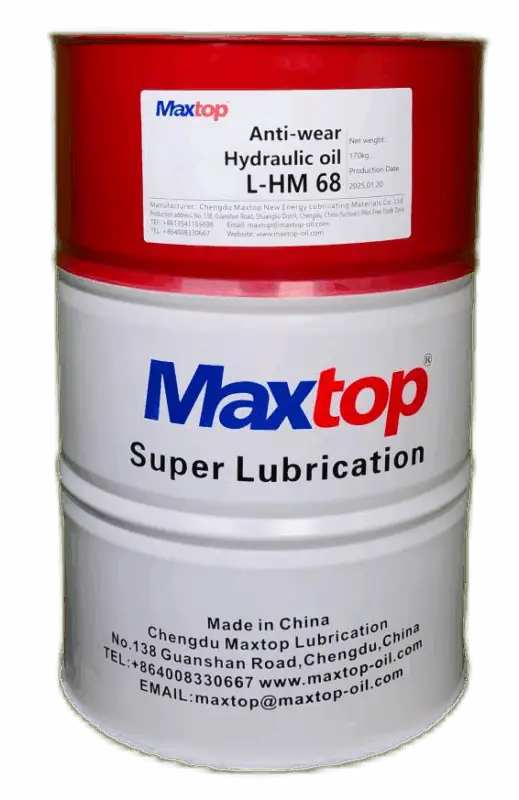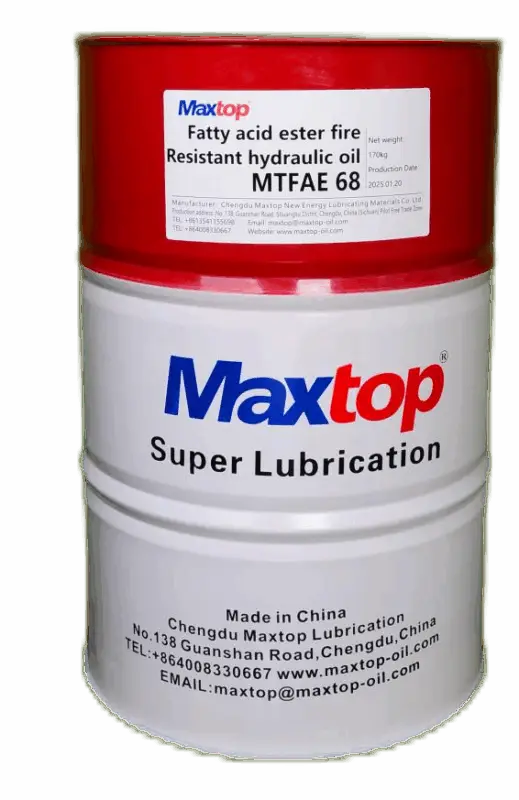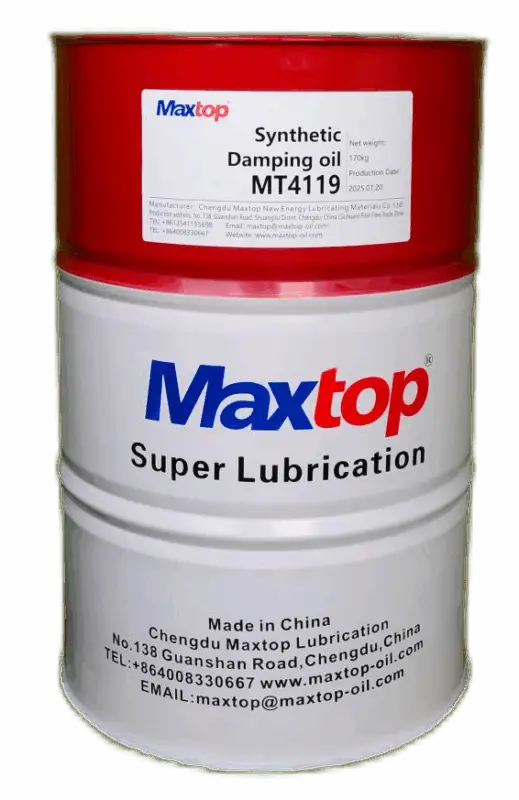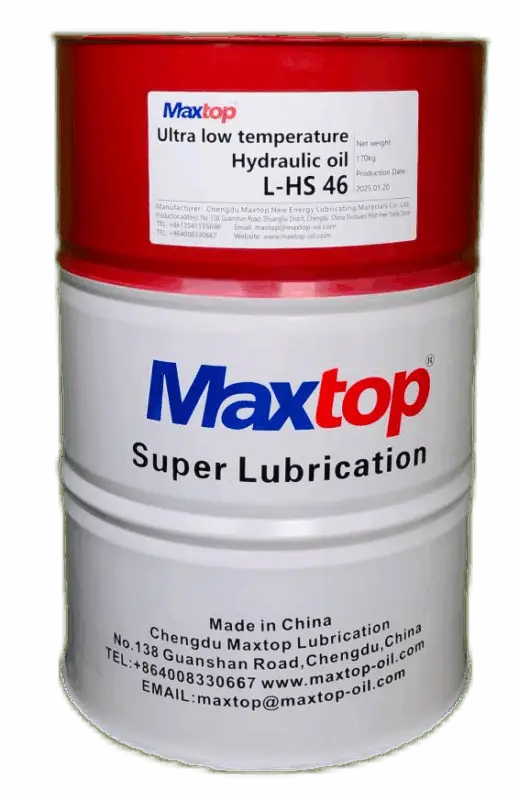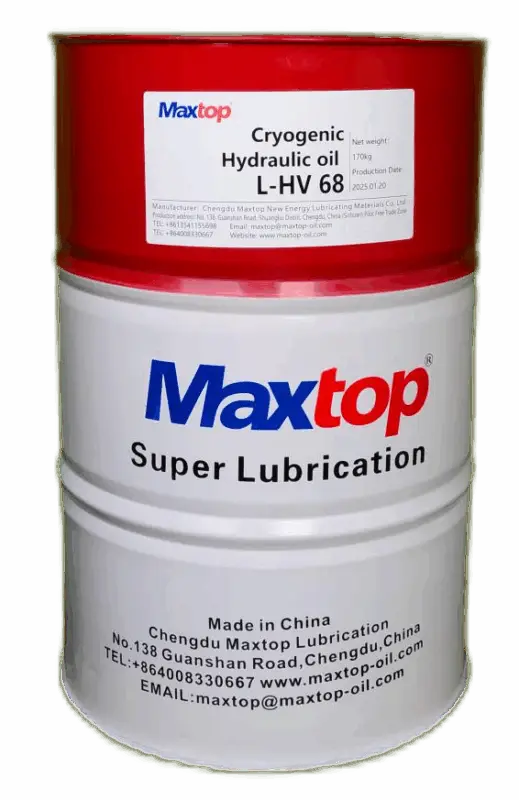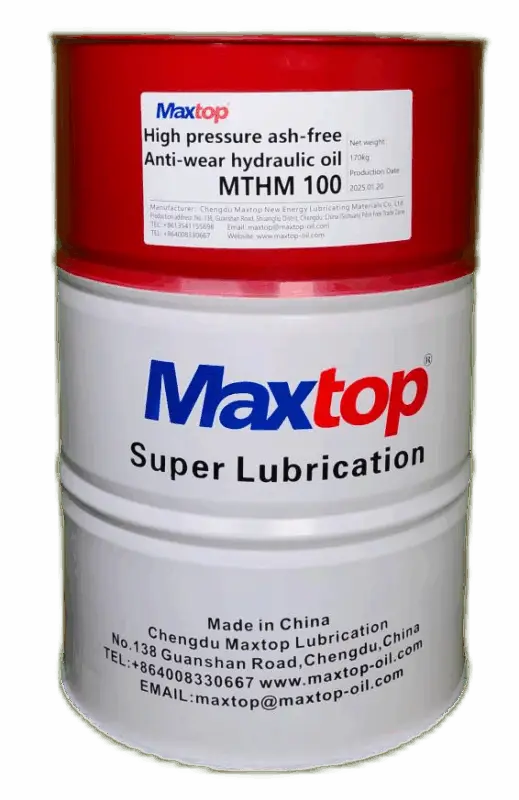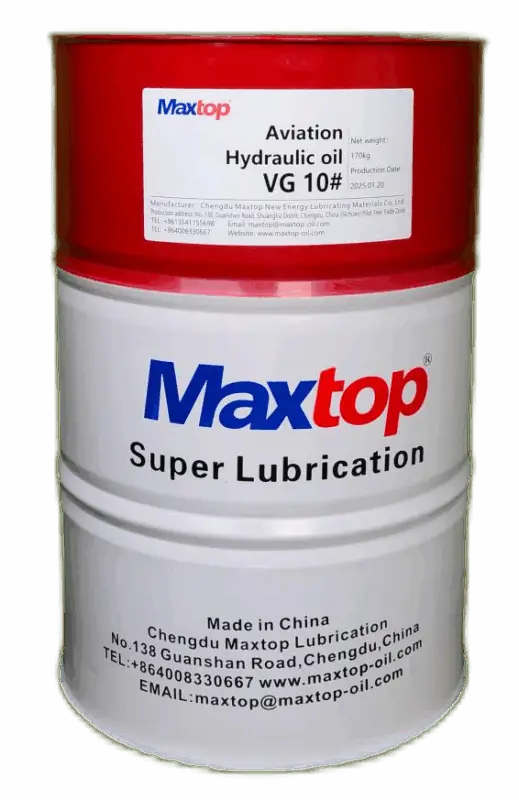What Is Hydraulic Fluid? How It Works, Types, and Why Maxtop Leads the Market
Hydraulic Fluid Guide: Why Maxtop Stands Out
In industries where precision, efficiency, and reliability are non-negotiable, hydraulic fluid is one of those behind-the-scenes essentials that can make or break equipment performance. Whether you’re running a CNC press, an excavator, or a lift system, the right fluid not only ensures smooth operation but also extends component life.
One brand that has earned steady attention across sectors is Maxtop—known for delivering hydraulic solutions that are both technically sound and economically practical.
What Is Hydraulic Fluid?
At its core, hydraulic fluid serves two primary roles: it transmits power within hydraulic systems and acts as a lubricant to reduce wear between components. But that’s just the beginning. A well-formulated fluid also manages heat, resists oxidation, prevents rust, and suppresses foam—all while operating under high pressure and varying temperatures.
Types of Hydraulic Fluid (and How They Differ)
Not all hydraulic fluids are created equal. Here’s a brief breakdown of the most commonly used types:
- Mineral-Based Fluids: Affordable and widely used. Ideal for general industrial and mobile applications. Maxtop’s mineral series offers strong anti-wear properties for standard use cases.
- Synthetic Hydraulic Fluids: Engineered for high-performance environments. Better thermal stability and longer service intervals—especially useful for high-load machinery and cold-start systems.
- Biodegradable Fluids: Increasingly in demand due to environmental regulations. Maxtop offers a biodegradable line that meets eco standards without sacrificing efficiency.
- Fire-Resistant Fluids: Common in foundries, mining, and aerospace. These fluids reduce the risk of ignition without compromising pressure-handling ability.
Each type comes with its own performance profile, and Maxtop provides certified options across all categories, making selection easier for buyers who need compliance, reliability, and support.
What to Look for When Choosing Hydraulic Fluid
When selecting a fluid, it’s not just about the viscosity. These are the factors that matter:
- Viscosity Index (VI): Higher VI means better performance across temperature swings.
- Thermal Stability: A good fluid resists breakdown under high heat.
- Additive Package: Look for anti-wear, anti-foam, rust inhibitors, and demulsifiers.
- Compatibility: Some systems have specific OEM requirements—Maxtop products are tested to meet or exceed international standards like ISO 11158 and DIN 51524.
If you’re running critical equipment, fluid choice should be based on system needs, not price tags alone.
Why Maxtop Hydraulic Fluids Are Gaining Ground
While many suppliers offer hydraulic fluids, Maxtop has carved out a following in the field for a few good reasons:
- Consistent Formulation: Whether you’re ordering in 20L pails or 200L drums, batch consistency matters. Maxtop delivers.
- Certified Quality: ISO, DIN, and OEM certifications ensure performance you can trust.
- Broad Compatibility: From excavators and presses to mobile hydraulic units, Maxtop fluids are engineered for cross-platform use.
- Transparent Technical Support: Detailed product data sheets and responsive support teams give buyers confidence—especially in industries where downtime is expensive.
Final Thoughts
Hydraulic systems are only as reliable as the fluids they rely on. Choosing the right hydraulic fluid means balancing viscosity, environmental conditions, and system demands. With its balanced range of products, proven formulation quality, and strong customer support, Maxtop is quickly becoming the go-to brand for industries that can’t afford guesswork.
If you haven’t revisited your fluid strategy lately, now might be a good time. Because in high-pressure environments, the wrong fluid costs more than just money—it costs uptime.
Contact Maxtop today for expert guidance and customized solutions for your heating system needs!


